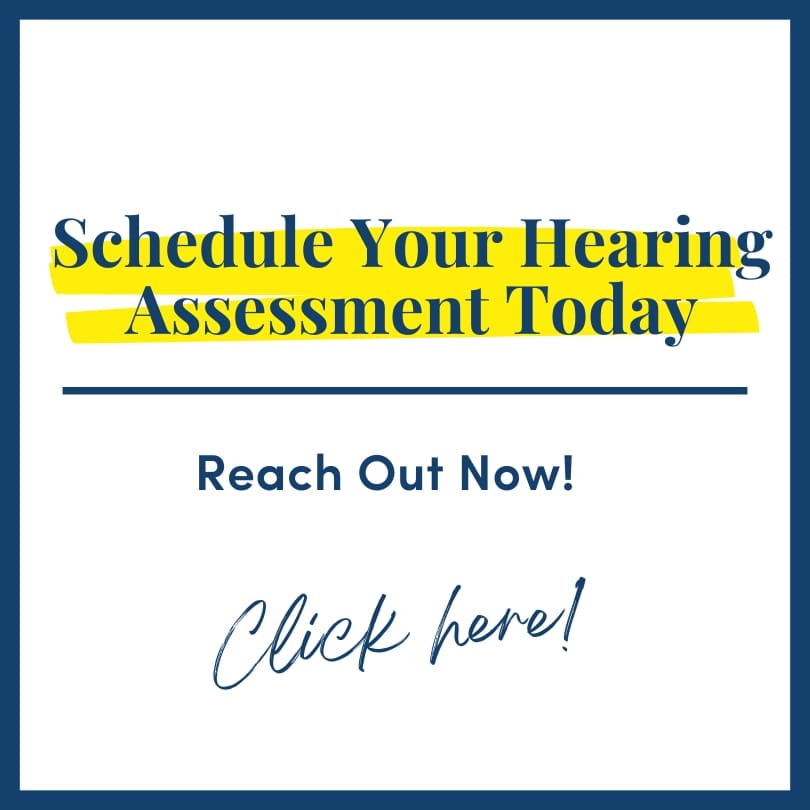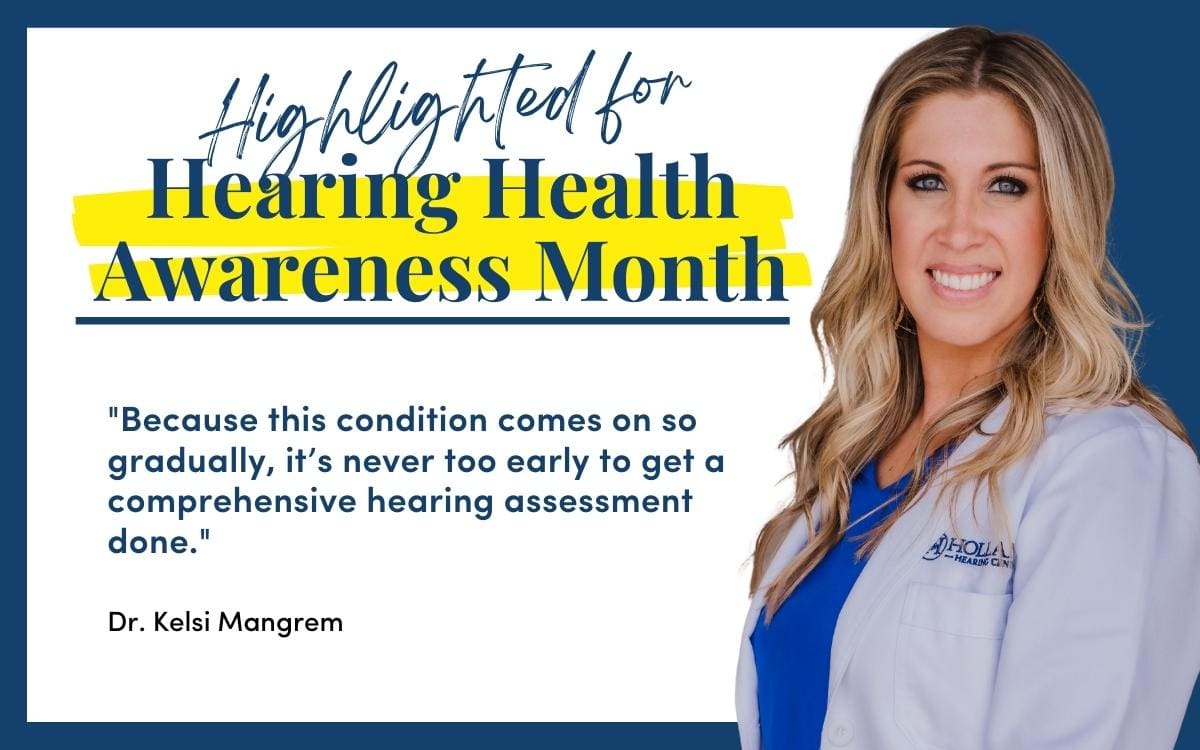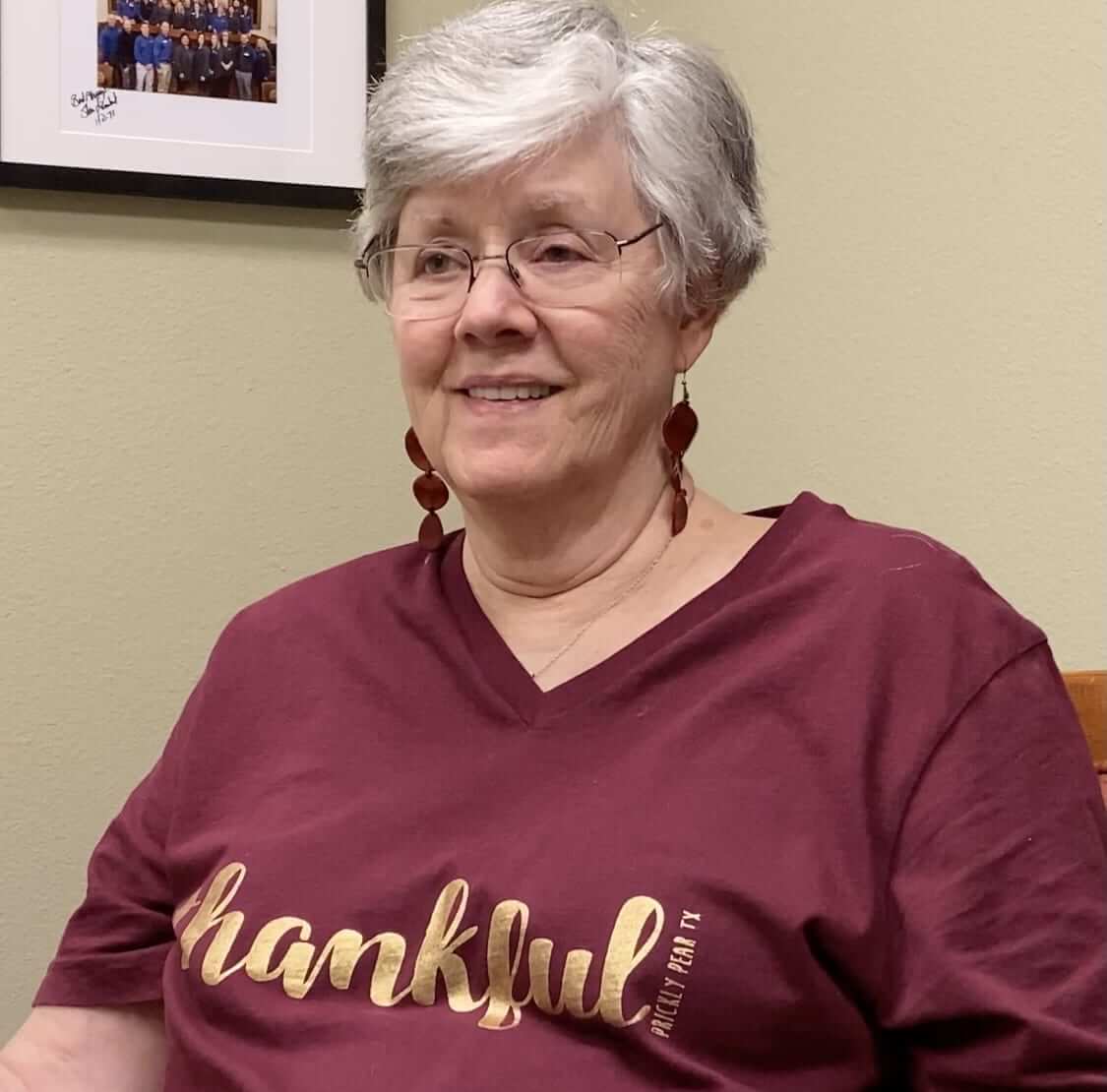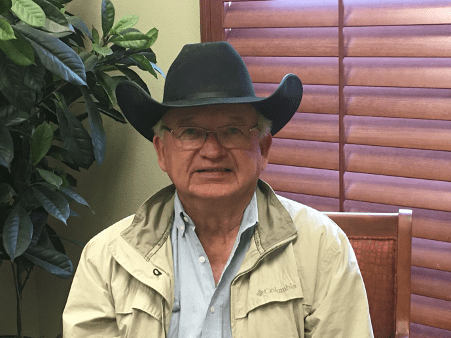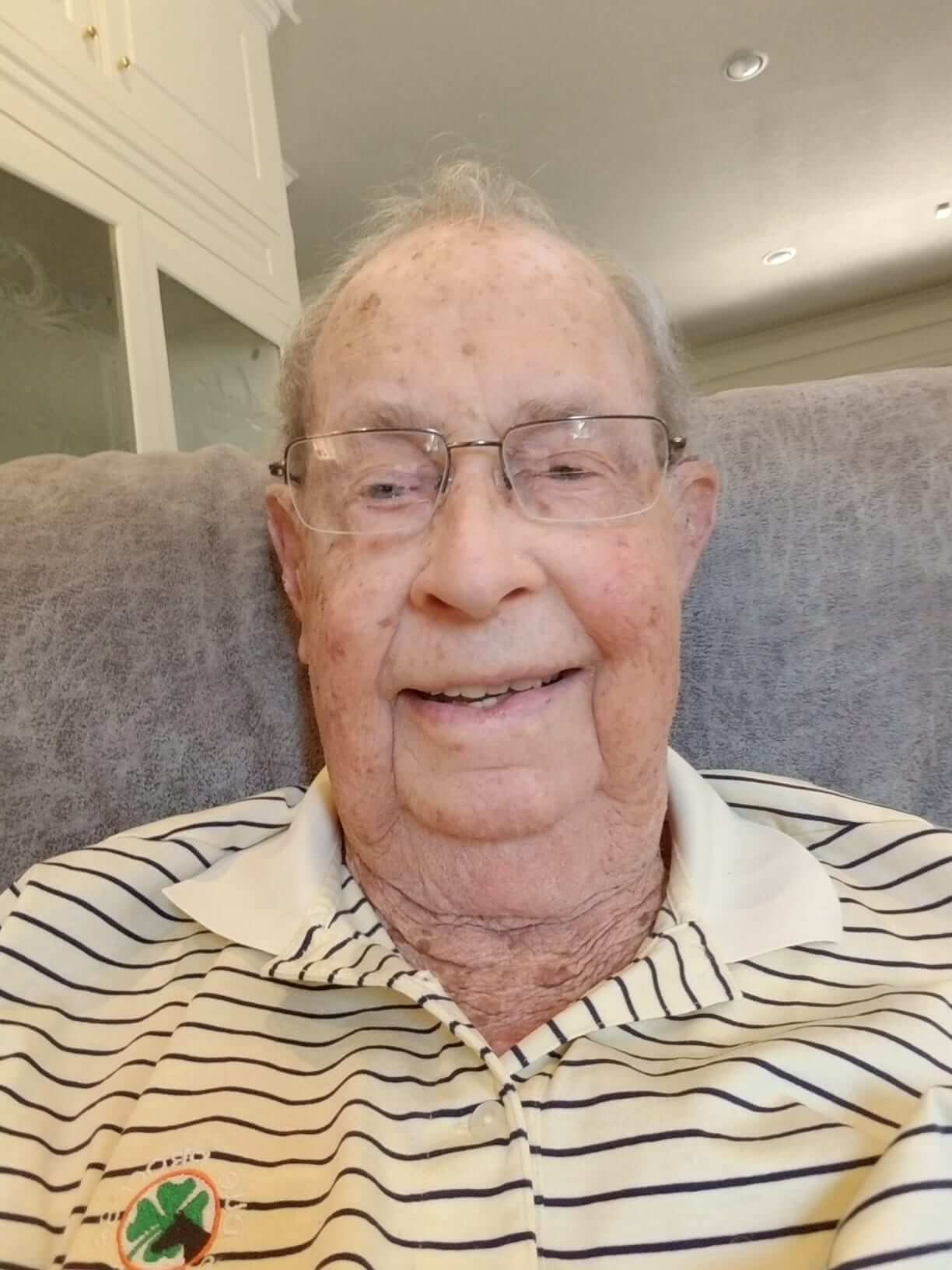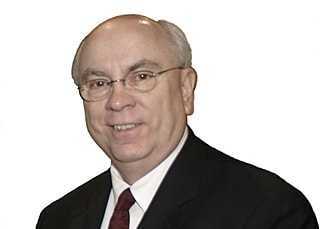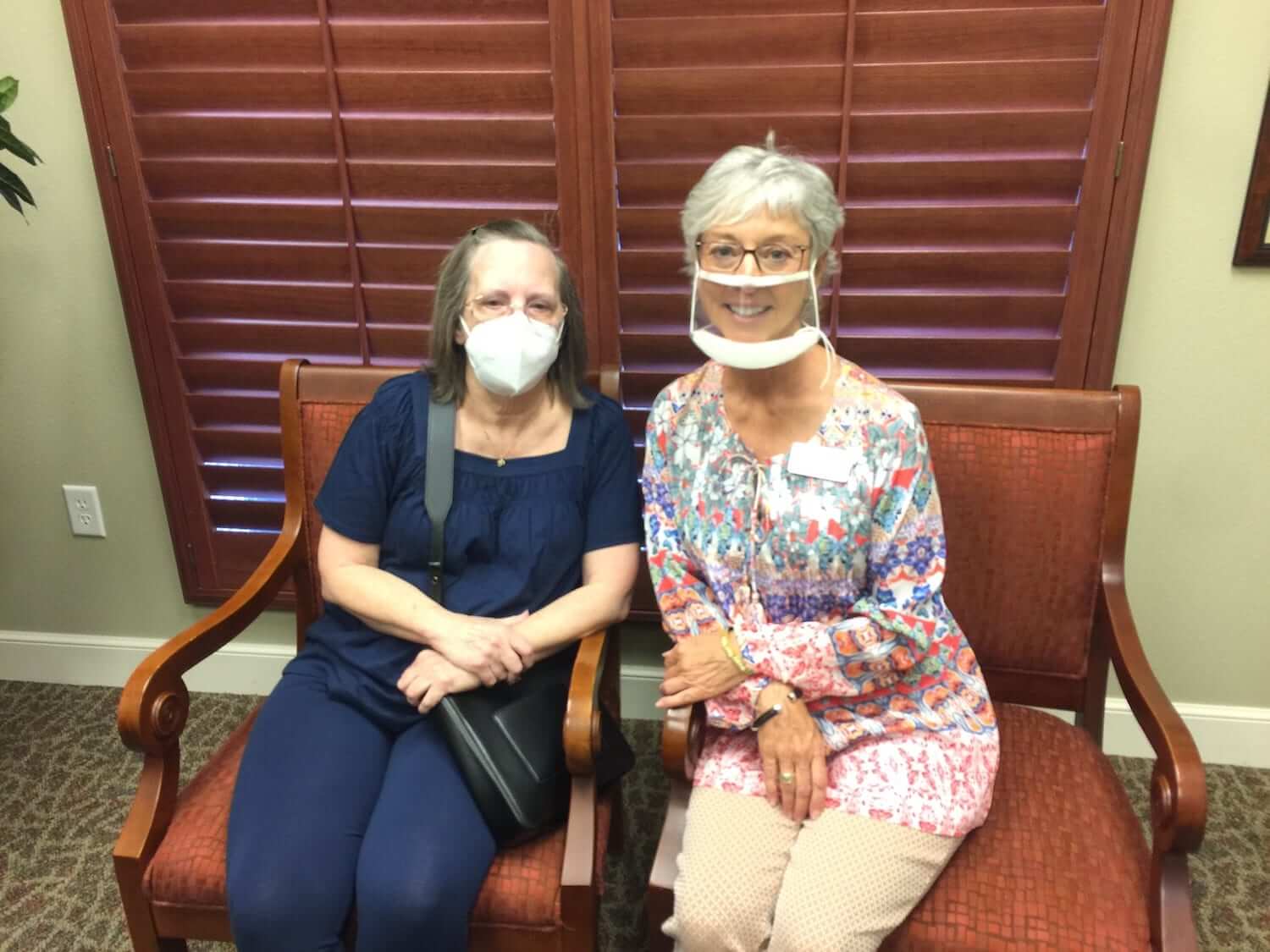Recent findings, as highlighted by CNN Health, reveal a startling truth: individuals facing social isolation face a 32% higher risk of premature death. This comes from a comprehensive study involving over two million adults, which connects social isolation, loneliness, and significant health risks, including early mortality.
The Hidden Impact of Hearing Loss
As an audiologist, I’m acutely aware that hearing loss is more than just an auditory issue—it profoundly affects social engagement, mental health, and overall quality of life. When people struggle to hear, they often retreat from conversations and social settings. This withdrawal can lead to increased feelings of isolation and loneliness.
Loneliness as Chronic Stress
Prolonged loneliness acts like chronic stress, triggering stress hormones that negatively impact the body. This understanding is a critical wake-up call for healthcare providers, policymakers, and communities to address the harmful effects of loneliness and social isolation.
The Importance of Regular Hearing Assessments
Recognizing the importance of regular hearing testing becomes crucial. Often, behaviors linked to disconnection and loneliness can be explained following a comprehensive hearing evaluation. If someone you know is withdrawing or losing confidence due to potential hearing issues, encourage them to get their hearing tested.
Insights from Conversations with Patients
From my discussions with patients, several key insights have emerged:
- Face-to-Face Communication: Essential for effective communication. It’s crucial to face the person you’re talking to, ensuring clear understanding and connection.
- Enunciation: Speaking clearly and at a moderate pace can aid comprehension significantly. This is especially important in family dynamics, where miscommunication can lead to frustration.
- Reducing Background Noise: In noisy environments, minimizing background noise is vital. This could mean turning down the TV or choosing quieter spots in restaurants to improve the signal-to-noise ratio.
- Hearing Aid Optimization: Make sure your hearing aids are programmed correctly and use specific programs for different environments, like a speech-in-noise program.
- Overcoming Communication Anxiety: Early intervention is key. Seek help immediately if you suspect hearing problems to maintain confidence and social interactions.
Enhancing Communication with Technology
Incorporating technology like Bluetooth connectivity and assistive devices can greatly enhance communication for those with hearing loss. Features like ‘Live Listen’ can turn smartphones into effective microphones, improving comprehension in noisy places.
Online Resources and Apps
Several apps and online resources can assist people with hearing loss. For example, ‘Live Transcribe’ offers real-time transcription, while video call apps like Marco Polo or FaceTime facilitate face-to-face communication.
Dealing with Communication Breakdowns
If you experience a communication breakdown due to hearing loss:
- Indicate that you have a hearing loss.
- Repeat what you’ve understood and ask for clarification.
- Speakers should try to rephrase rather than repeat if misunderstood.
Support Groups and Workshops
Joining support groups can provide emotional support and encouragement, leading to increased self-awareness and confidence. They also offer opportunities to practice and improve communication skills.
Finding Humor and Positivity
Maintaining a sense of humor and positivity in the face of hearing challenges is vital. Early treatment can help preserve this outlook, preventing the retreat into isolation and social withdrawal. If you or someone you know is experiencing symptoms of hearing loss, don’t hesitate to seek help.
At Holland Hearing, we are dedicated to providing comprehensive care that addresses both hearing and the associated emotional and social challenges. Schedule your hearing assessment today by calling us at (325) 437-4730 or requesting a callback.


